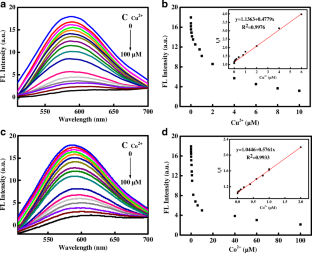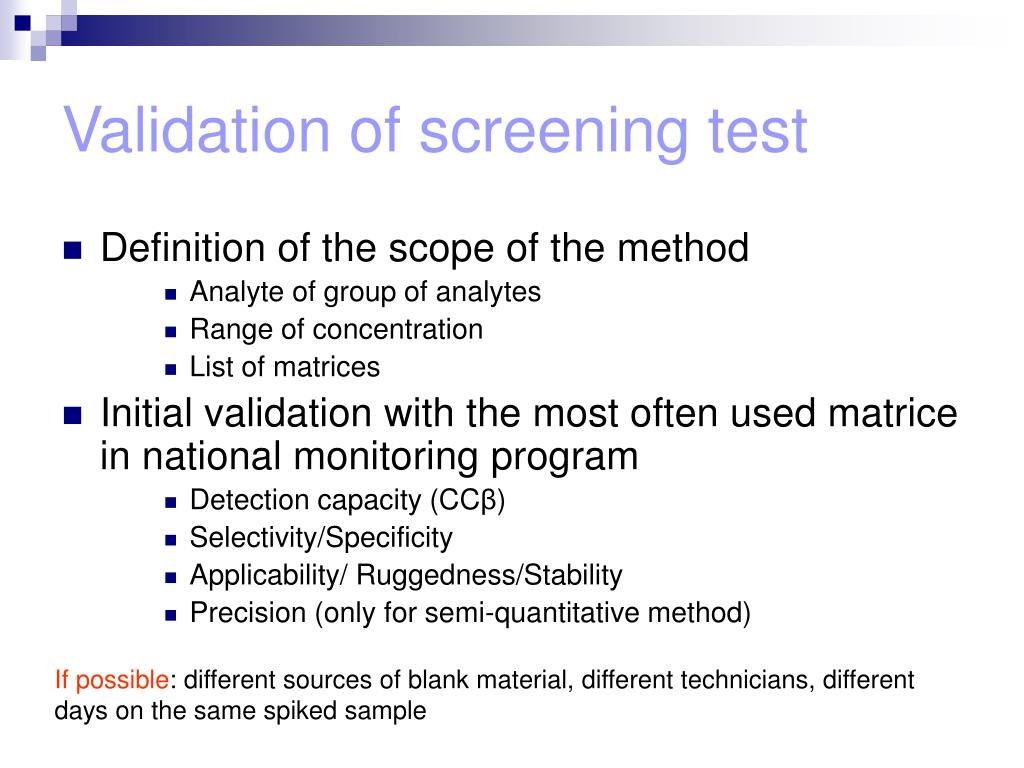

Your doctor will discuss the results with you and usually recommend more conclusive screenings. The lab that conducts the screening test will issue a report to your doctor. This is when the proteins measured in the blood are higher than the screening cutoff. Your doctor should give you a report that explains the individual results.Īn estimated 1 in 100 women will have a positive (abnormal) test result after the first blood test. Typically, the results are available within a few days. High levels are associated with Down syndrome while low levels are associated with trisomy 18.Įvery lab uses different numbers to determine highs and lows for these tests. But they do know that it increases the reliability of the sequential screening test.

hCG: Human chorionic gonadotropin (hCG) is also known as the “pregnancy hormone.” The body usually makes less of this hormone in the second trimester than in the first.Low levels of this hormone are associated with increased risk for Down syndrome and trisomy 18. Estriol (uE3): Estriol is the highest amount of circulating hormone in a woman’s blood while she’s pregnant.Too-high and too-low levels of AFP have been associated with birth defects. Alpha-Fetoprotein (AFP): The baby’s liver mostly secretes this protein that passes over into the mother’s blood.The second blood test measures for the following.
Net sensitivity for sequential testing plus#
In the first trimester, doctors associate low levels of PAPP-A with greater risk for neural tube defects.Ī laboratory worker will analyze the results by using the PAPP-A results, plus the nuchal translucency measurements to determine a woman’s risk.

The first blood test in the sequential screening measures pregnancy-associated plasma protein (PAPP-A). When this is the case, your doctor will ask you to come back at another time to try the ultrasound again. Sometimes your baby may not be in a good position for the screening. This noninvasive screening isn’t a definitive diagnosis, but measuring nuchal translucency can support other information from a blood test. Your doctor is looking for nuchal translucency.ĭoctors know that babies with genetic abnormalities like Down syndrome often have a greater buildup of fluid space in their necks during the first trimester.

The focus is on the fluid-filled space in the back of your baby’s neck. A doctor will perform an ultrasound between weeks 11 and 13. UltrasoundĪn ultrasound machine transmits sound waves that send back wavelengths that allow a machine to produce an image of your baby. Testing a mother’s blood in the first and second trimesters can provide greater accuracy. But some doctors may perform the test as late as 21 weeks. The second is usually performed between weeks 15 and 18. The first is between weeks 11 and 13 of your pregnancy. Blood testingĭoctors will take two blood tests for the sequential screening. A sequential screening test involves two parts: blood testing and an ultrasound.


 0 kommentar(er)
0 kommentar(er)
